VLC is a free and open source cross-platform multimedia player, encoder and streamer that works. It is a very popular (and possibly the most used) media player out there.
Some of its notable features include support for almost all (if not most) multimedia files, it also supports Audio CDs, VCDs, and DVDs. Additionally, VLC supports various streaming protocols enabling users to stream content over a network.
Suggested Read: 10 Best Open Source Media Players for Linux
In this article, we will show you a simple hack that will enable you to run VLC media player as root user in Linux.
Note: There is a reason why VLC won’t run in a root account (or can’t be run as root), so because the root account is for system maintenance only, not for everyday activities.
Install VLC Player in Linux
Installing VLC is so easy, it is available in official repositories of mainstream Linux distros, just run the following command on your respective Linux distribution.
$ sudo apt install vlc #Debain/Ubuntu $ sudo yum install vlc #RHEL/CentOS $ sudo dnf install vlc #Fedora 22+
If you are running your Linux system as root, for example Kali Linux, you’ll get the error below when you try to run VLC.
"VLC is not supposed to be run as root. Sorry. If you need to use real-time priorities and/or privileged TCP ports you can use vlc-wrapper (make sure it is Set-UID root and cannot be run by non-trusted users first)."
Alternative Ways to Run VLC as Root User
Run the sed command below to make changes in the VLC binary file, it will replace the geteuid variable (which determines the effective user ID of the calling process) with getppid (which will determine the parent process ID of the calling process).
In this command, ‘s/geteuid/getppid/‘ (regexp=geteuid, replacement=getppid) does the magic.
$ sudo sed -i 's/geteuid/getppid/' /usr/bin/vlc
Alternatively, edit the VLC binary file using a hex-editor such as bless, hexeditor. Then search for geteuid string and replace it with getppid, save the file and exit.
Yet again, another way around this is to download and compile the VLC source code by passing the --enable-run-as-root flag to ./configure and VLC should be able to run as root.
That’s all! You should now run VLC as root user in Linux. To share any thoughts, use the feedback form below.

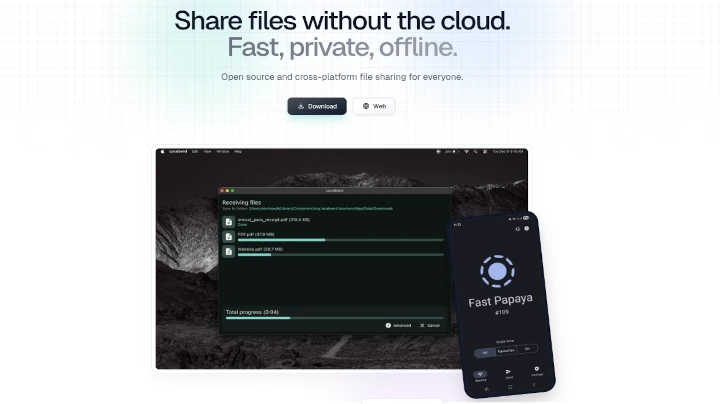
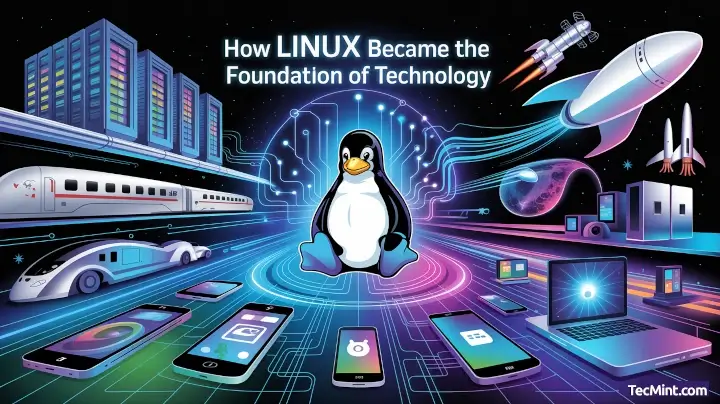
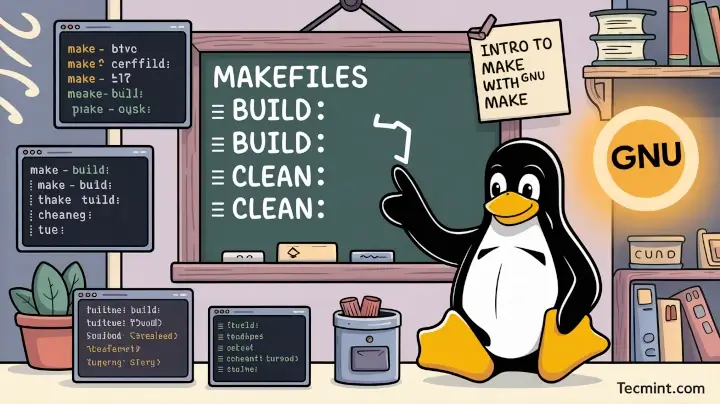
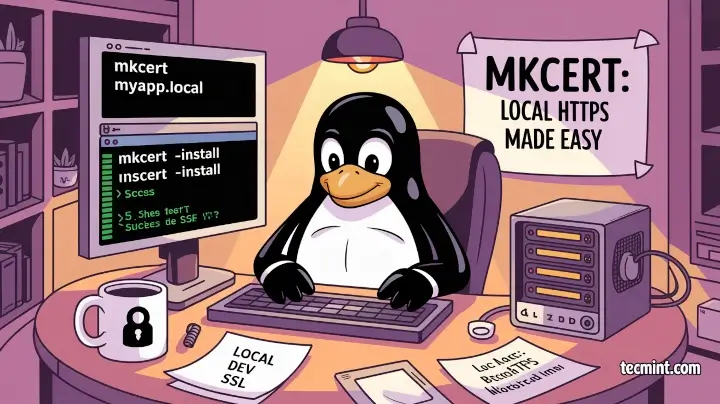
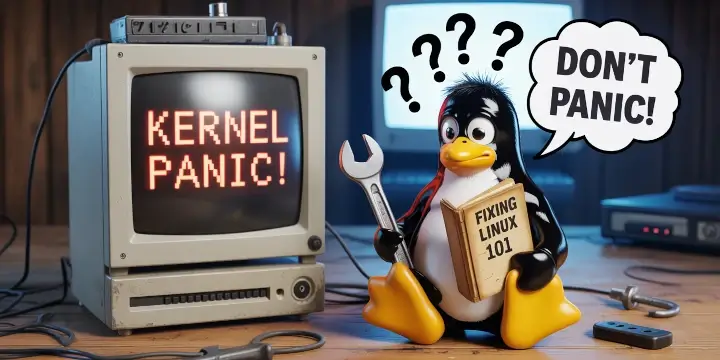
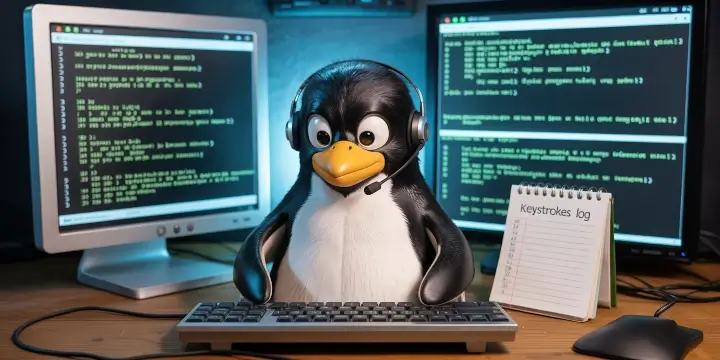
Thank You Sir…. within 3 seconds problem solved ” Love You So Much
@DK
Welcome, thanks for the feedback.
thanks so very much; very helpful
@Angel
Thanks for the feedback
“VLC is not supposed to be run as root. Sorry. If you need to use real-time priorities and/or privileged TCP ports you can use vlc-wrapper (make sure it is Set-U
please help me sir and give command for problem rectification
Thanks very much.
@PHILEMON
Welcome, many thanks for the feedback.
thanks alot sir for your help
@ashish
Welcome, thanks for the feedback.
Off subject a bit but just installed Kodi. Great video player.
Easily installed
sudo dnf install kodi
Job done
@Tony
Thanks for sharing, we’ll give it a try.
This just seems like a BAD idea, to me. From what I’ve read, a frequent exploit path is a cleverly designed media file that takes advantage of a bug in the player software. This is one of the reasons we don’t do such things as root.
@Dale
Okay, we have taken note of all the concerns here. However, a number of Kali Linux newbies had requested for this solution and that is why we offered it. As you have stated, it could be so dangerous.
what are some reason why a person would want to run vlc as root?
@IPnonymouse
You can use it in Kali Linux, since the default account is for the root user.
Good question. I also wonder..